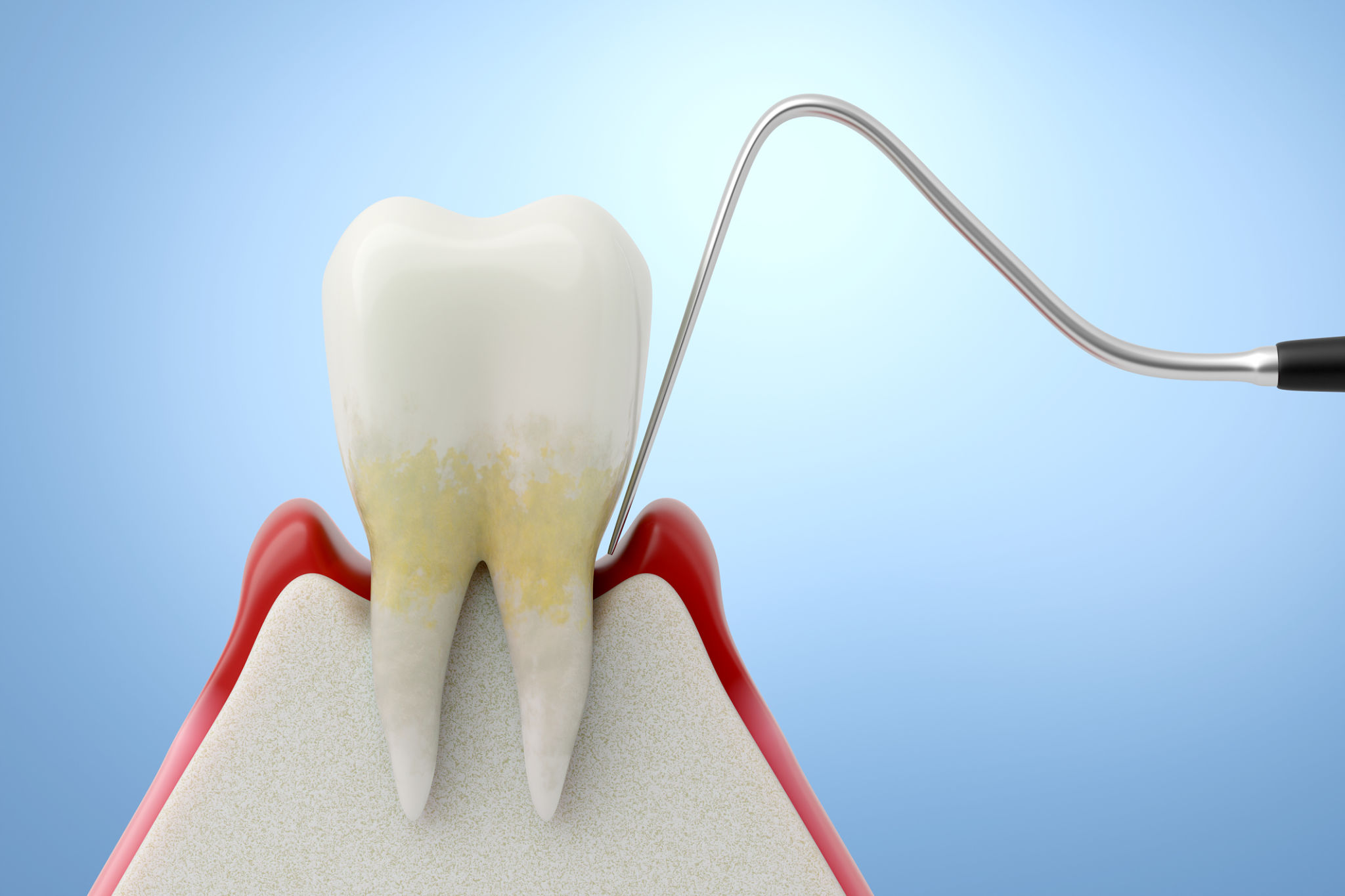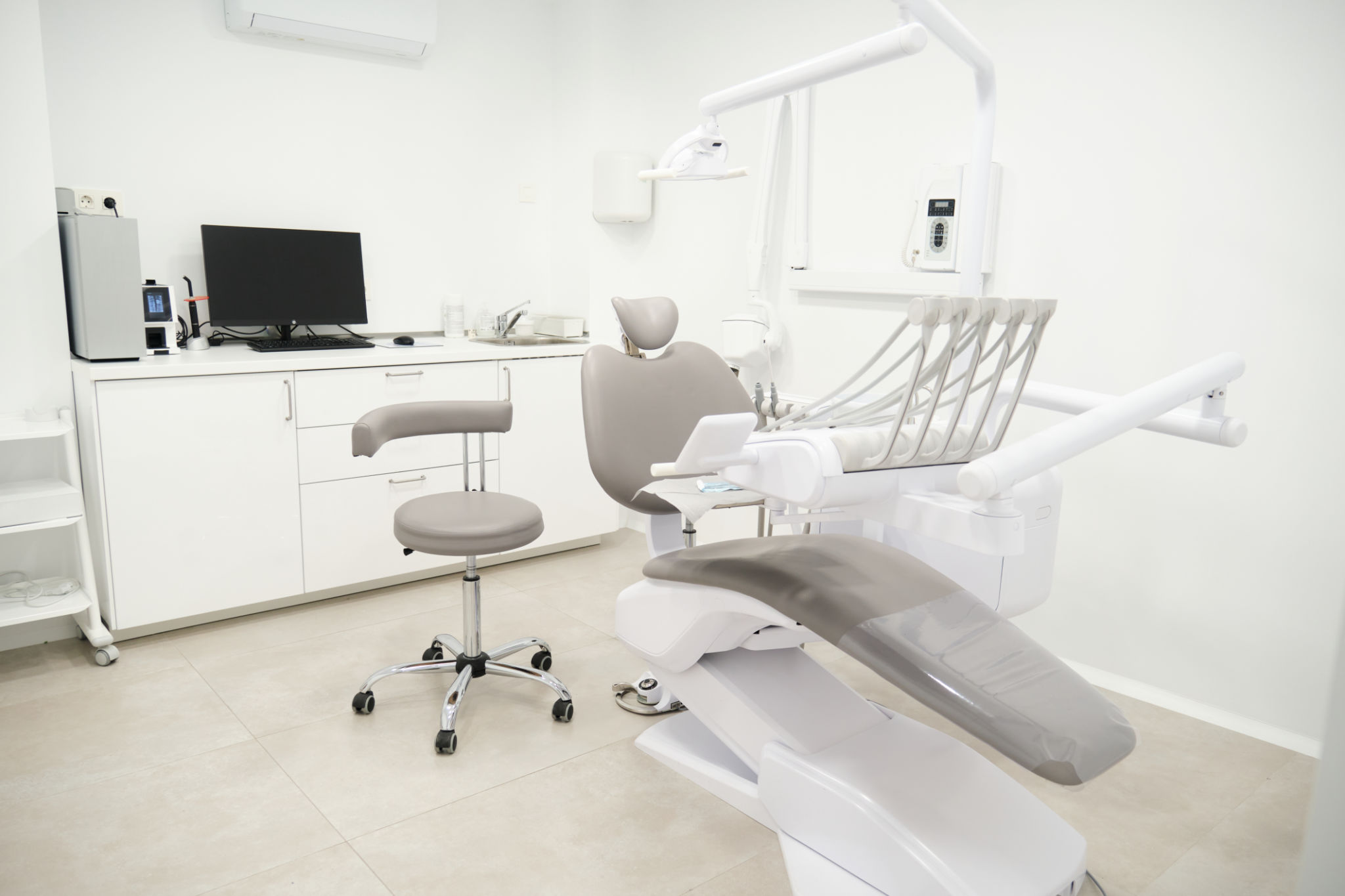Common Myths About Periodontal Treatments Debunked
Understanding Periodontal Treatments
Periodontal disease, commonly referred to as gum disease, is a significant oral health concern that affects many individuals. Despite its prevalence, there are numerous myths surrounding periodontal treatments that can lead to confusion and misinformation. In this blog post, we aim to debunk some of these common myths and provide clarity on what periodontal treatments entail.

Myth 1: Gum Disease Only Affects the Elderly
One widespread myth is that gum disease is an issue primarily for the elderly. While it's true that the risk of periodontal disease increases with age, it can affect individuals of all ages, including teenagers. Factors such as genetics, smoking, and poor oral hygiene can contribute to the development of gum disease in younger individuals as well.
It's crucial for people of all ages to maintain good oral hygiene practices and visit their dentist regularly to prevent and manage periodontal disease effectively.
Myth 2: Bleeding Gums Are Normal
Another common myth is that bleeding gums are normal and not a cause for concern. In reality, bleeding gums can be an early sign of gum disease or gingivitis. If left untreated, gingivitis can progress to more severe periodontal disease. Therefore, if you notice your gums bleeding regularly, it's essential to consult with a dental professional promptly.

Myth 3: Periodontal Treatment Is Painful
Many people avoid seeking treatment for gum disease due to the misconception that it will be painful. Modern periodontal treatments have advanced significantly and are designed to minimize discomfort. Techniques such as scaling and root planing may involve some pressure or mild discomfort but are generally well-tolerated by patients.
Additionally, dental professionals often use local anesthesia and other pain management options to ensure the patient's comfort during treatment.
Myth 4: Once Treated, Gum Disease Will Not Return
Some believe that once they have undergone periodontal treatment, they are immune to future gum disease. Unfortunately, this is not the case. Periodontal disease can recur if proper oral hygiene practices are not maintained. Regular dental check-ups and cleanings are essential to keep gum disease at bay and ensure long-term oral health.

Myth 5: Gum Disease Is Unrelated to Overall Health
A significant misconception is that gum disease only affects oral health and has no impact on overall health. Research has shown that periodontal disease is linked to several systemic conditions, including heart disease, diabetes, and respiratory diseases. Maintaining healthy gums contributes to overall well-being and can potentially reduce the risk of these health issues.
Understanding the connection between oral health and general health is crucial in motivating individuals to take their periodontal care seriously.
Promoting Awareness and Prevention
Debunking these myths is essential in promoting awareness about periodontal treatments and encouraging individuals to seek necessary care. By understanding the facts, patients can make informed decisions about their oral health and work towards maintaining a healthy smile.
If you have concerns about your gum health or suspect you might be experiencing symptoms of periodontal disease, don't hesitate to reach out to your dentist. Early detection and intervention are key to effective treatment and prevention of further complications.